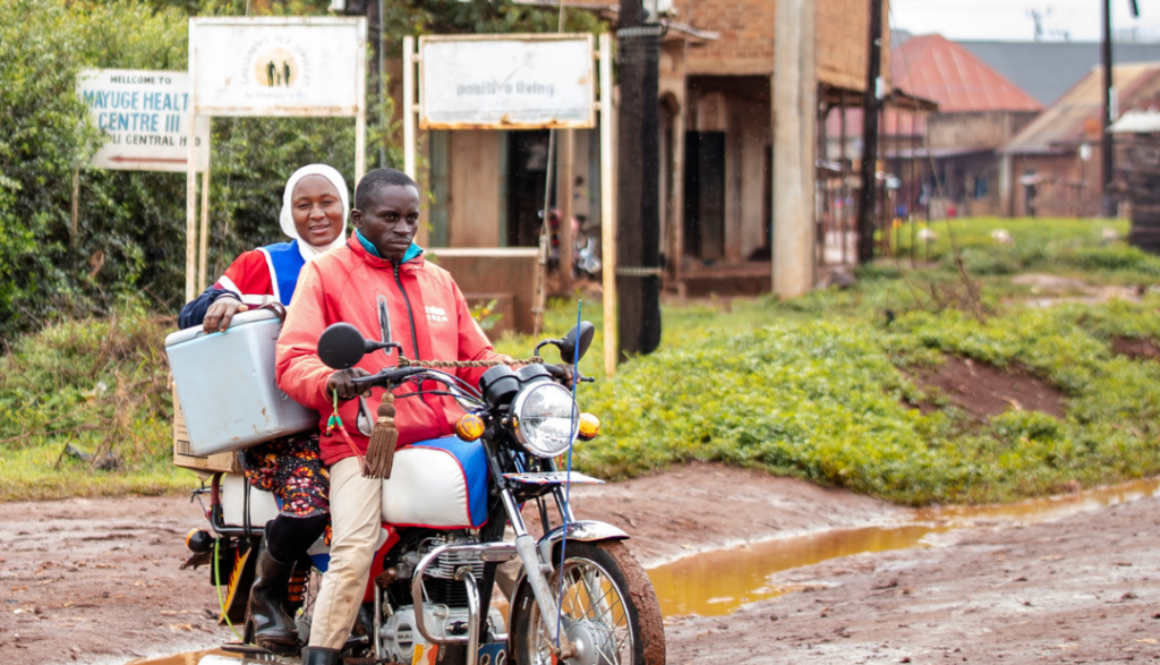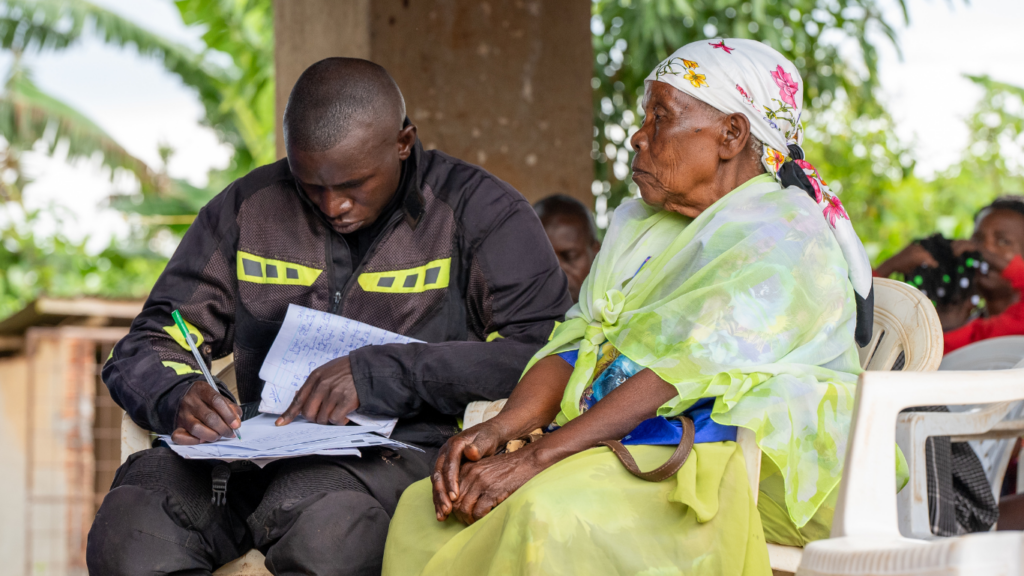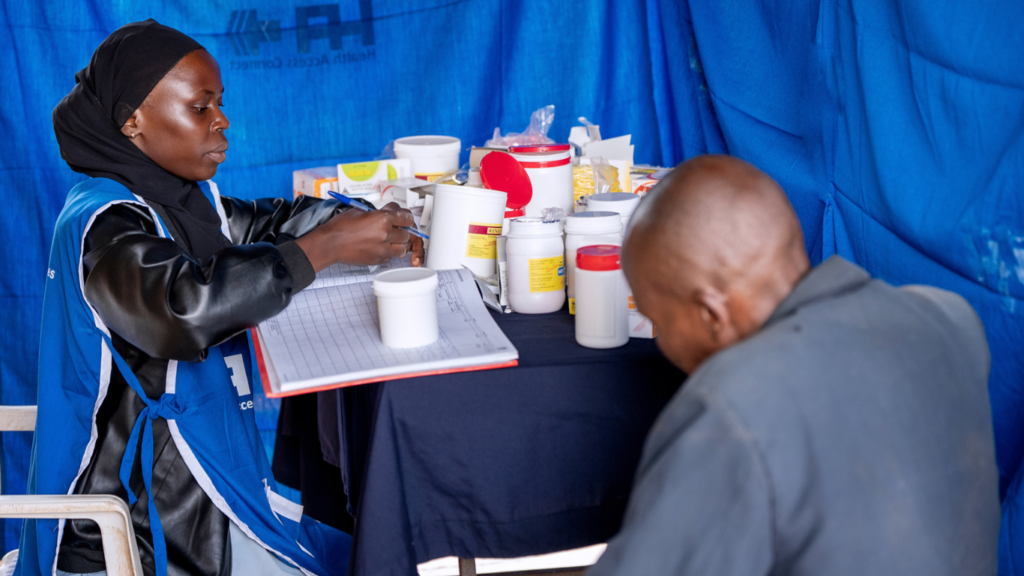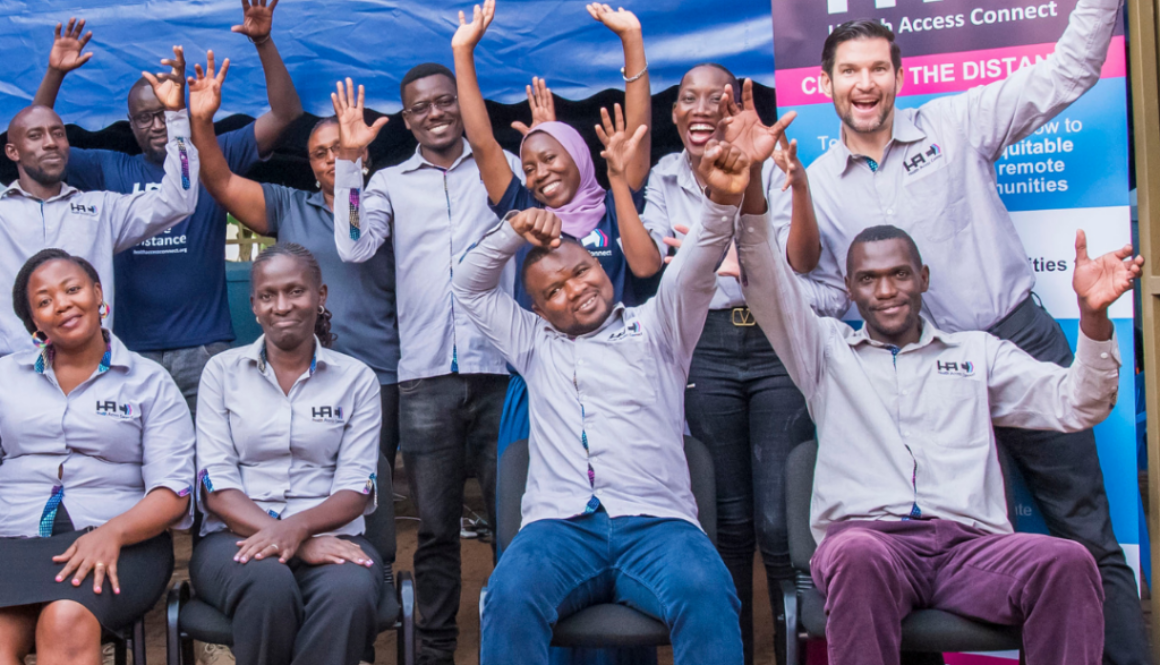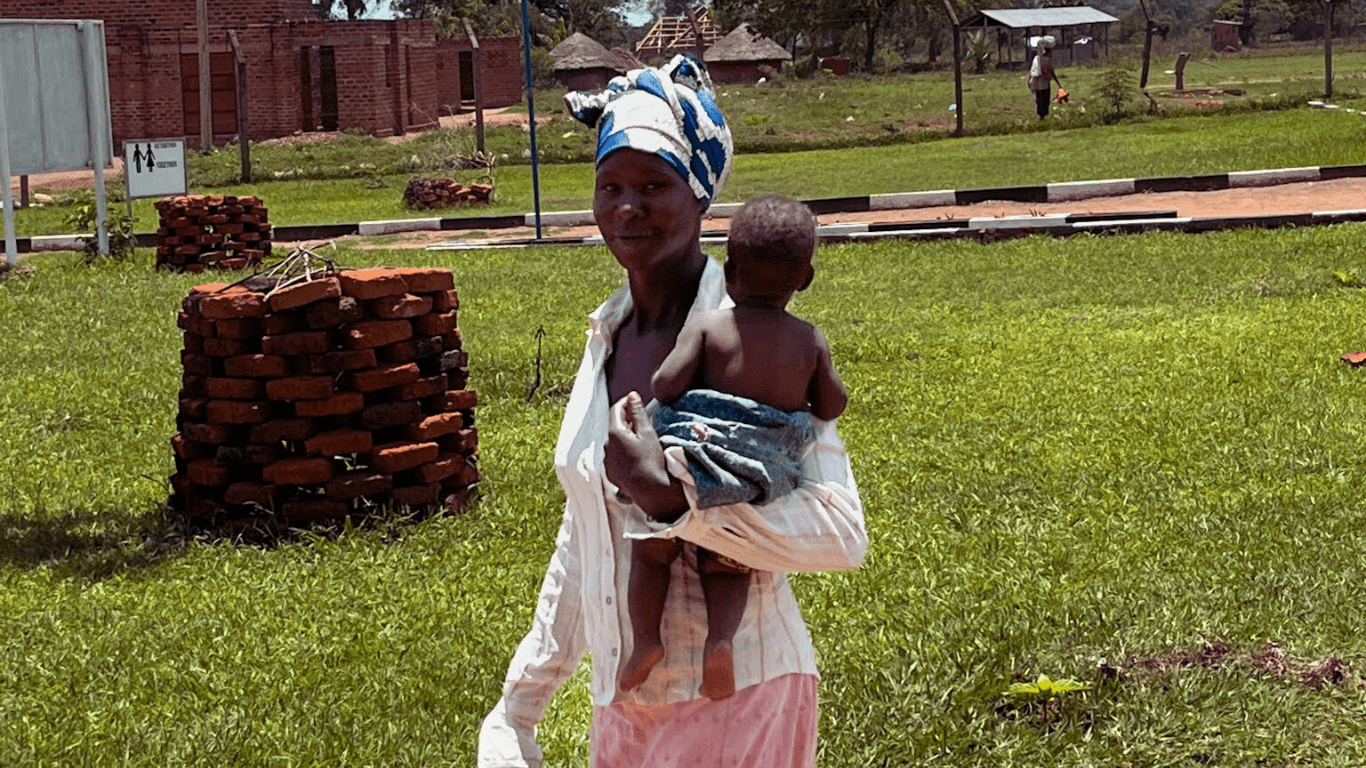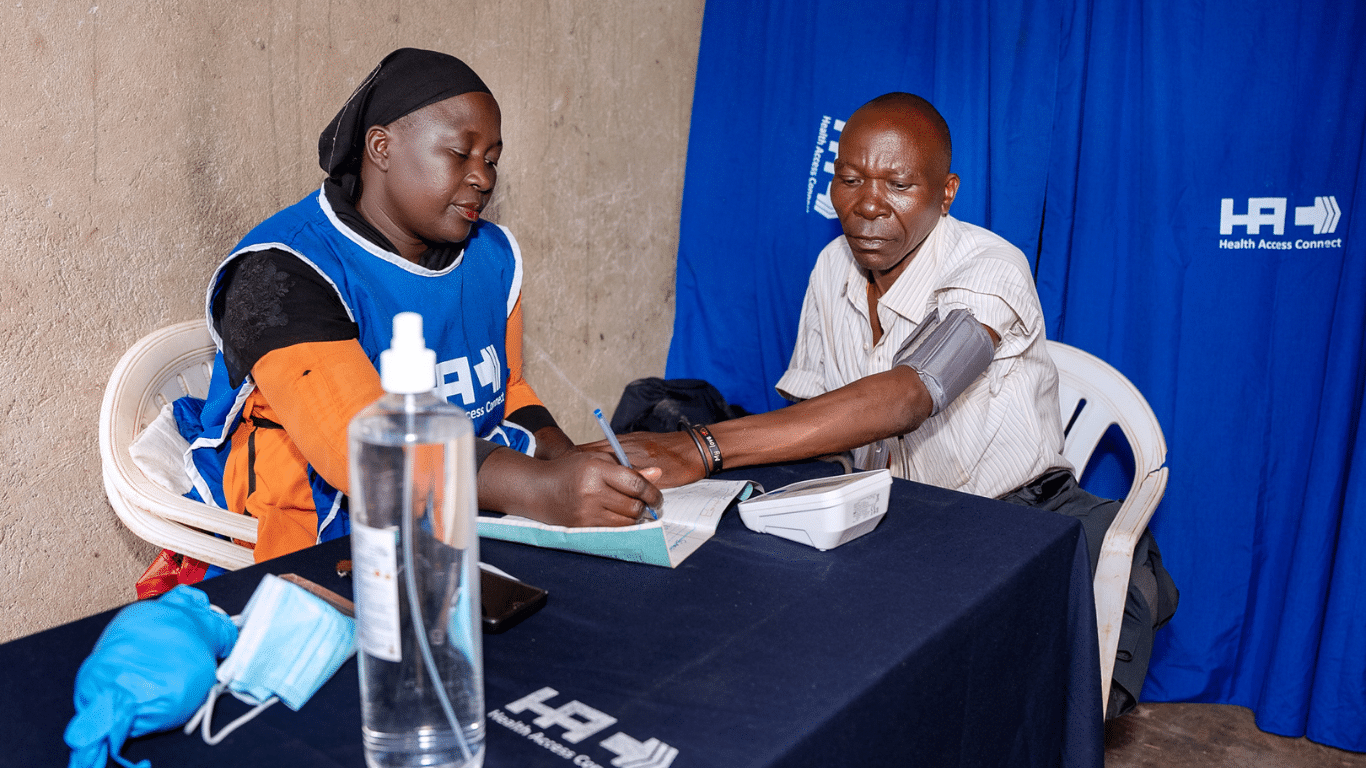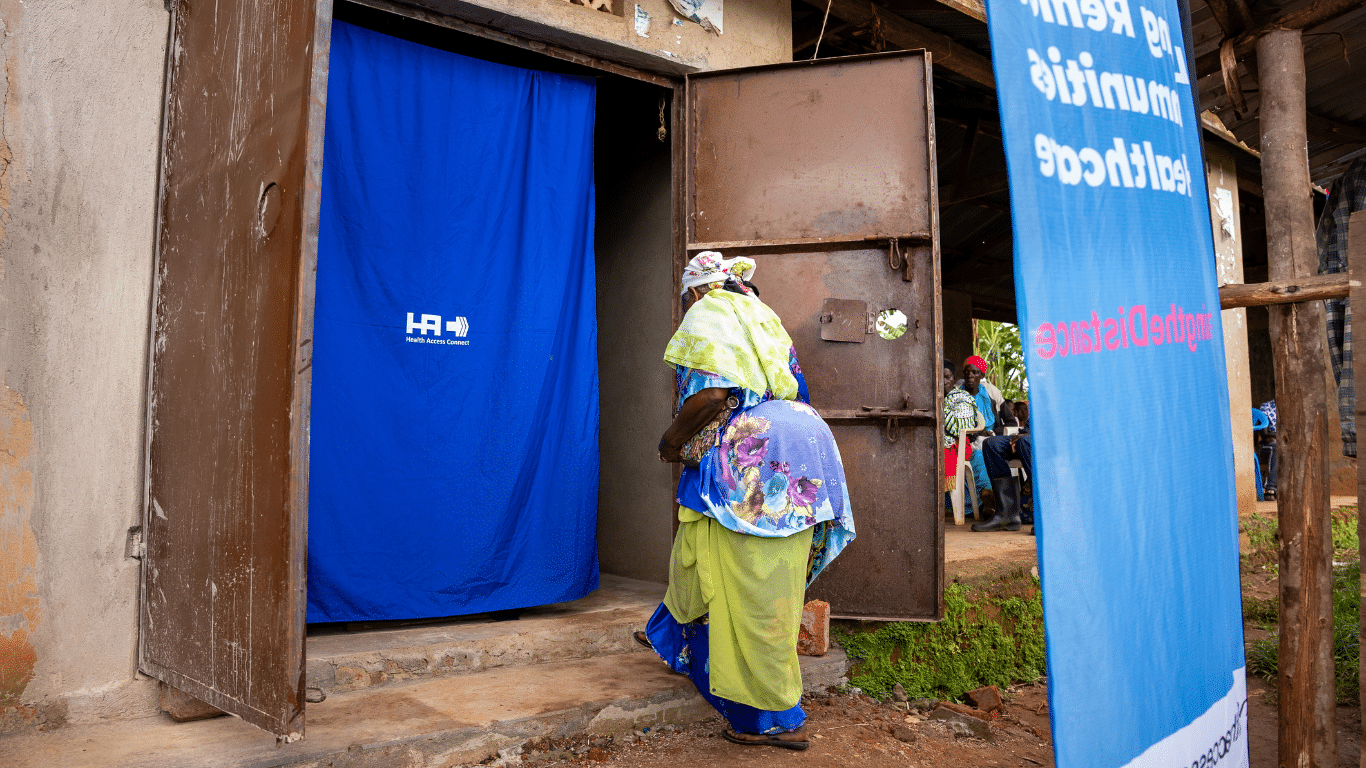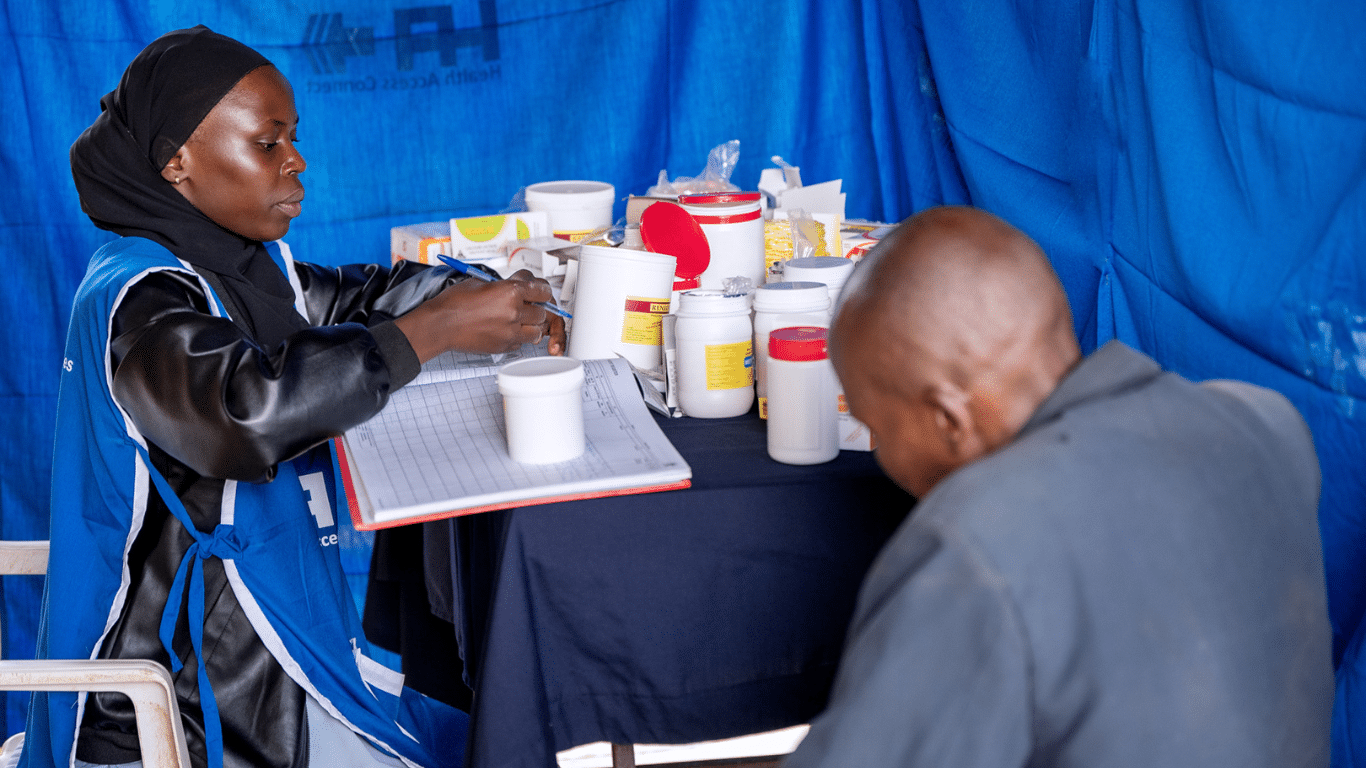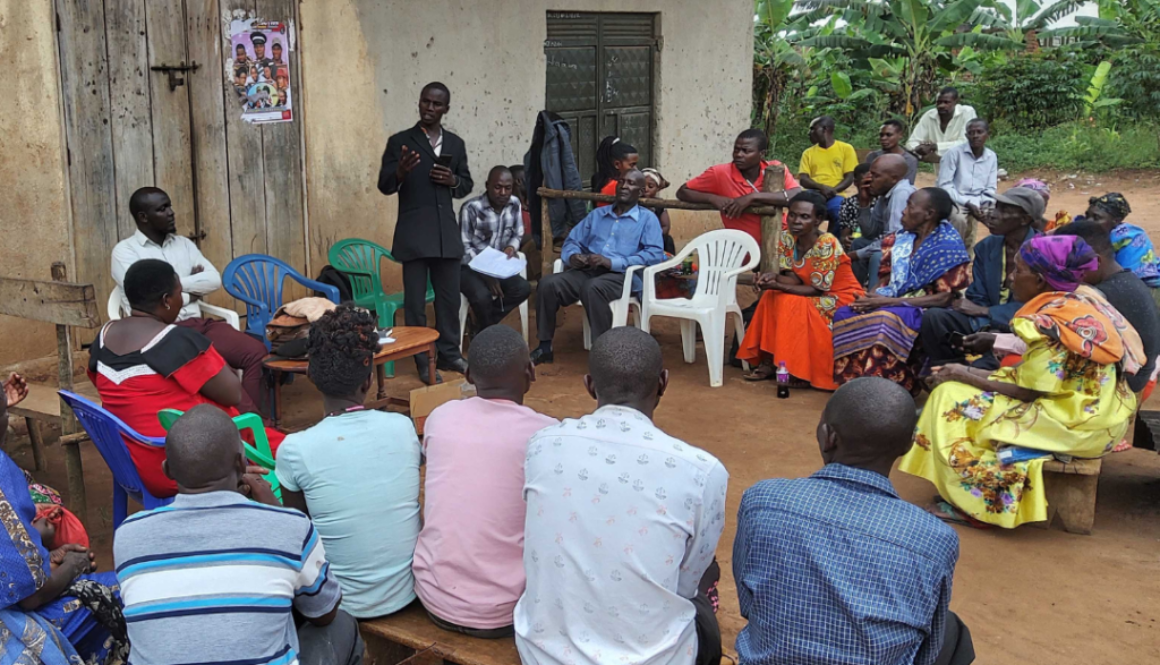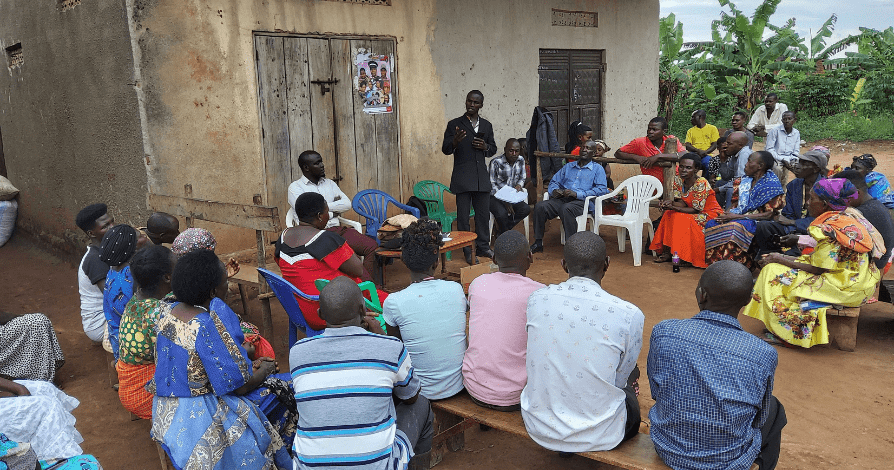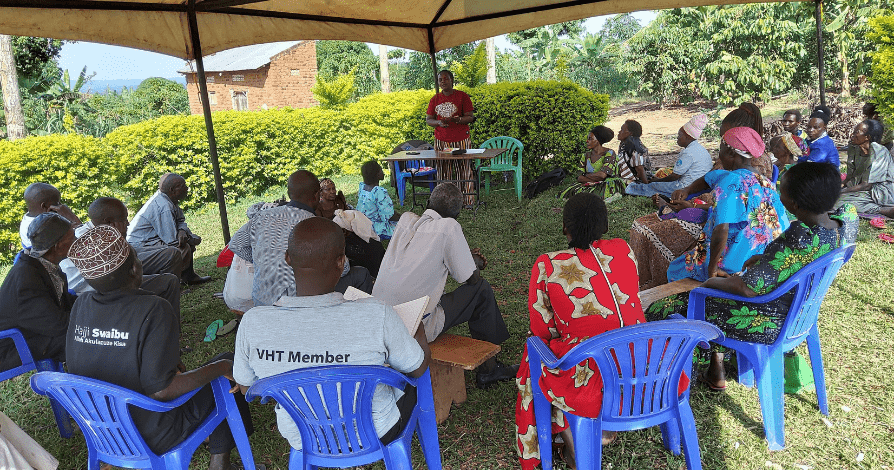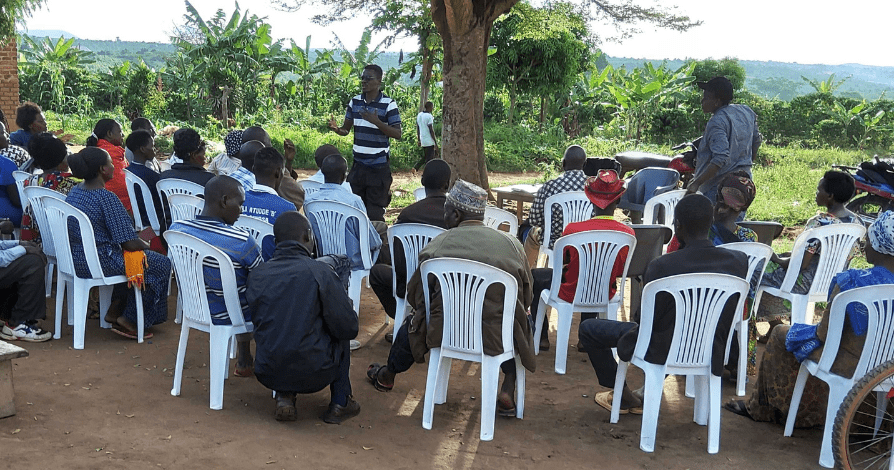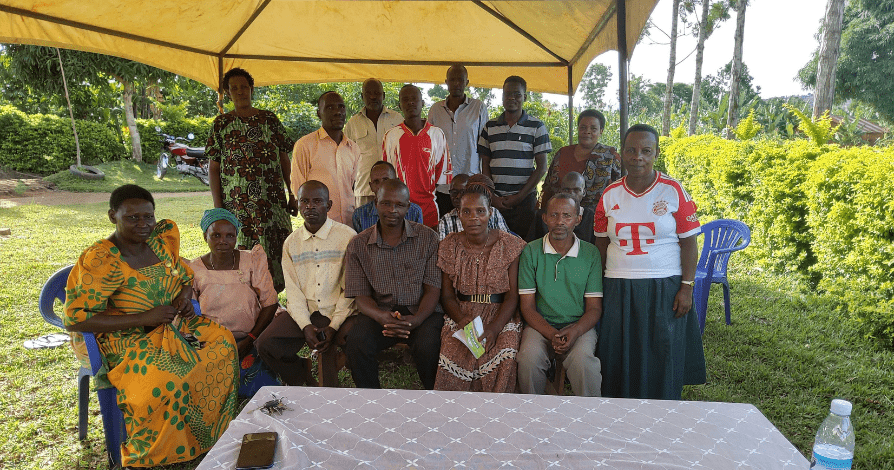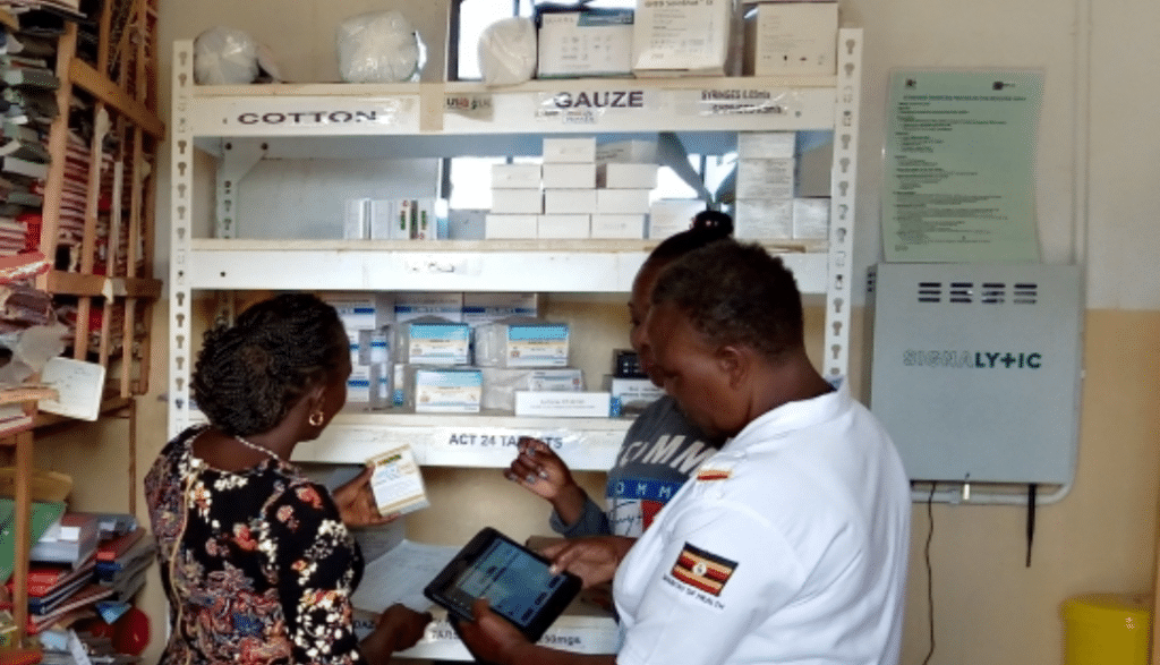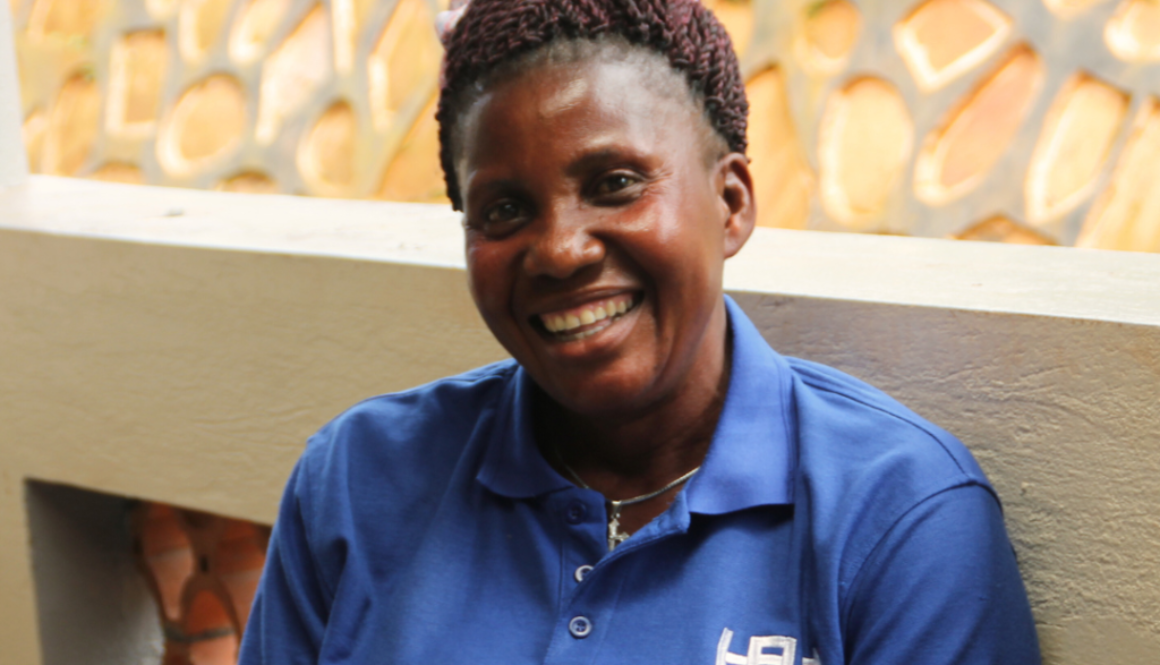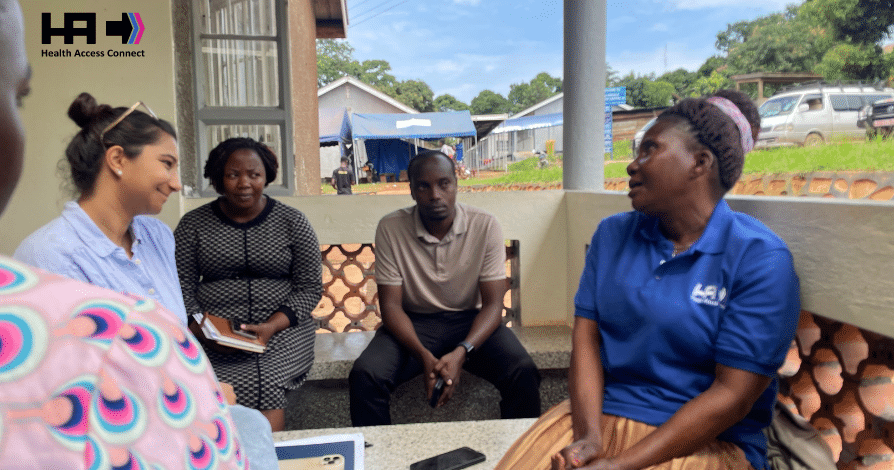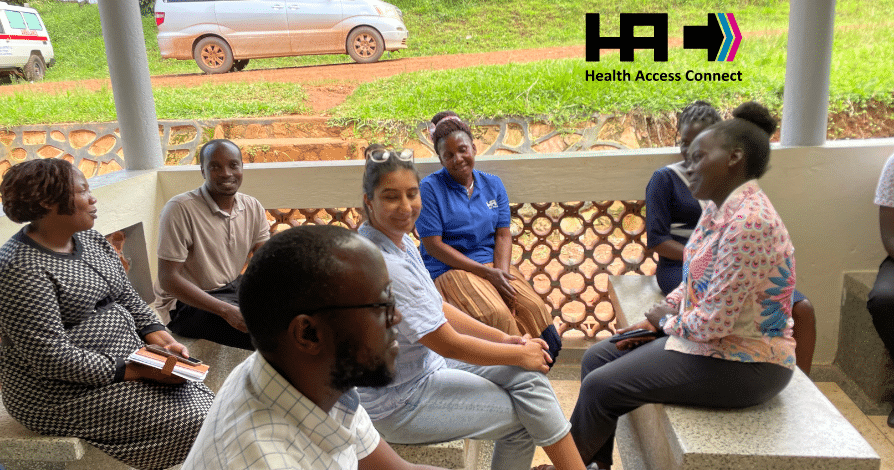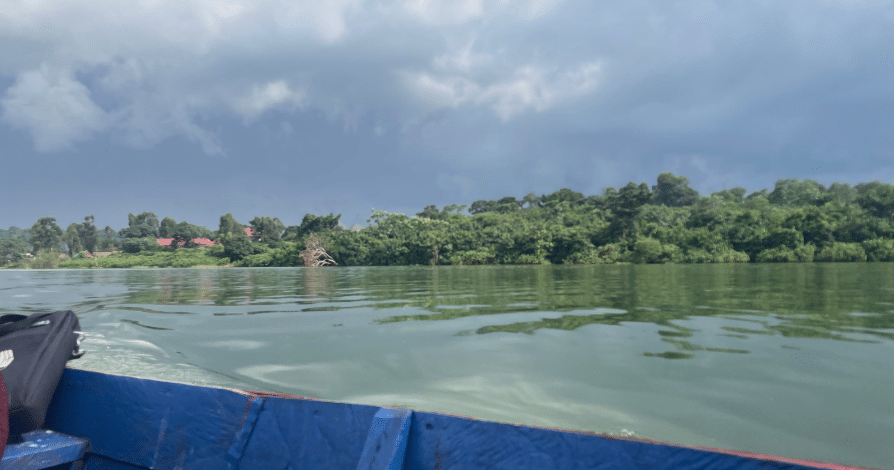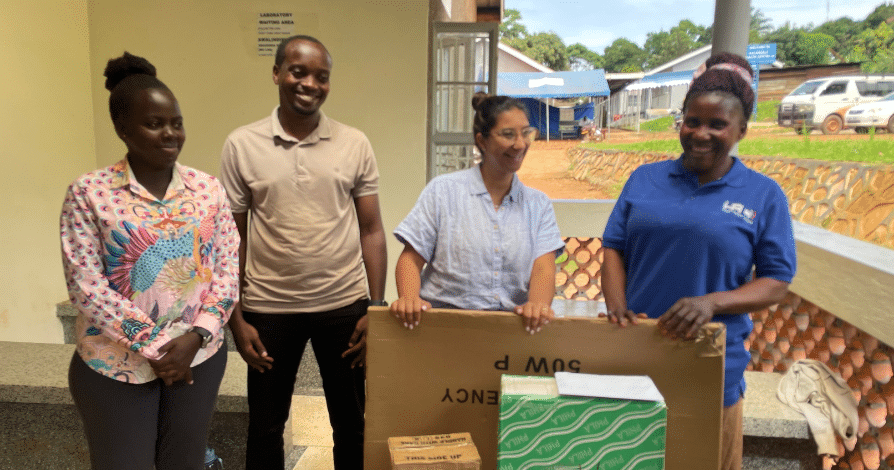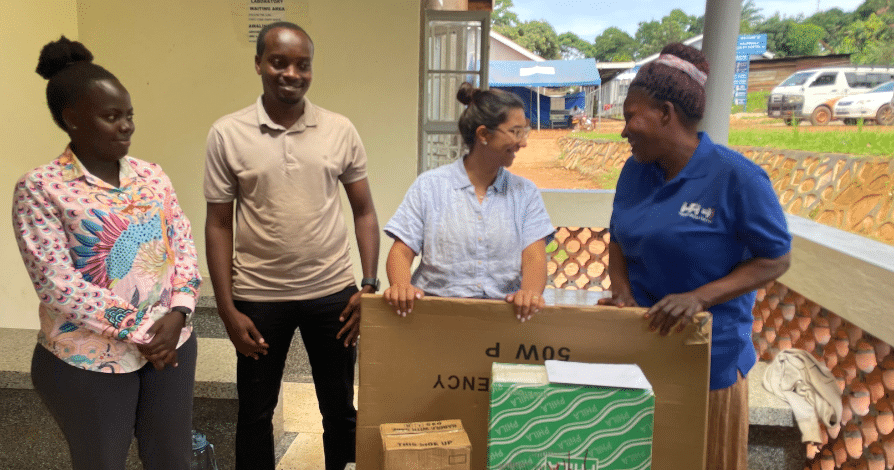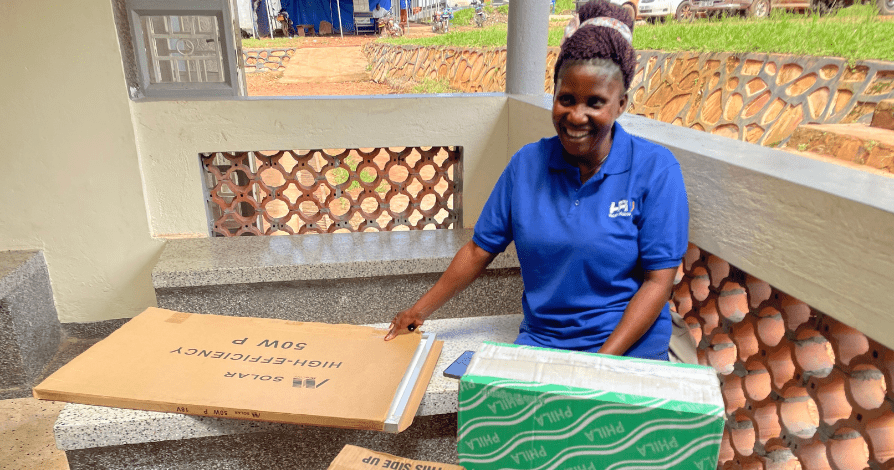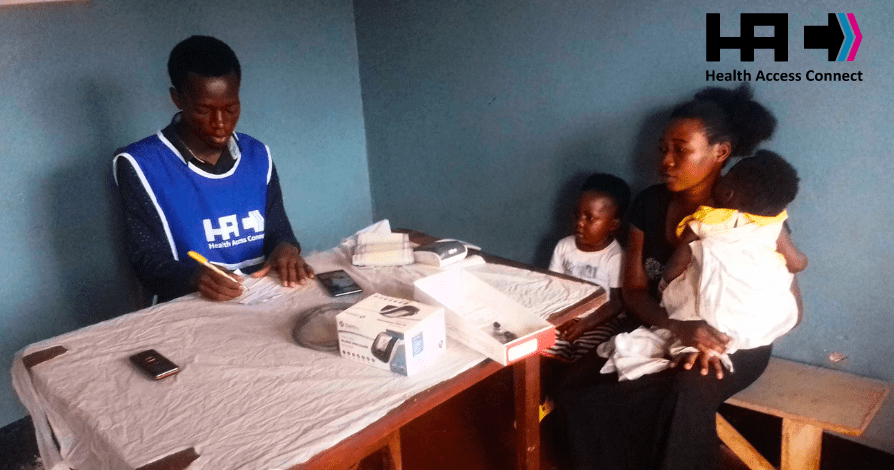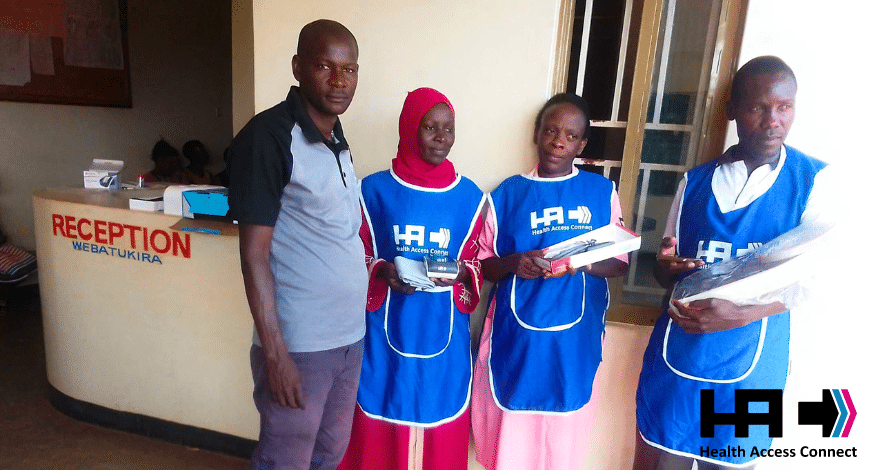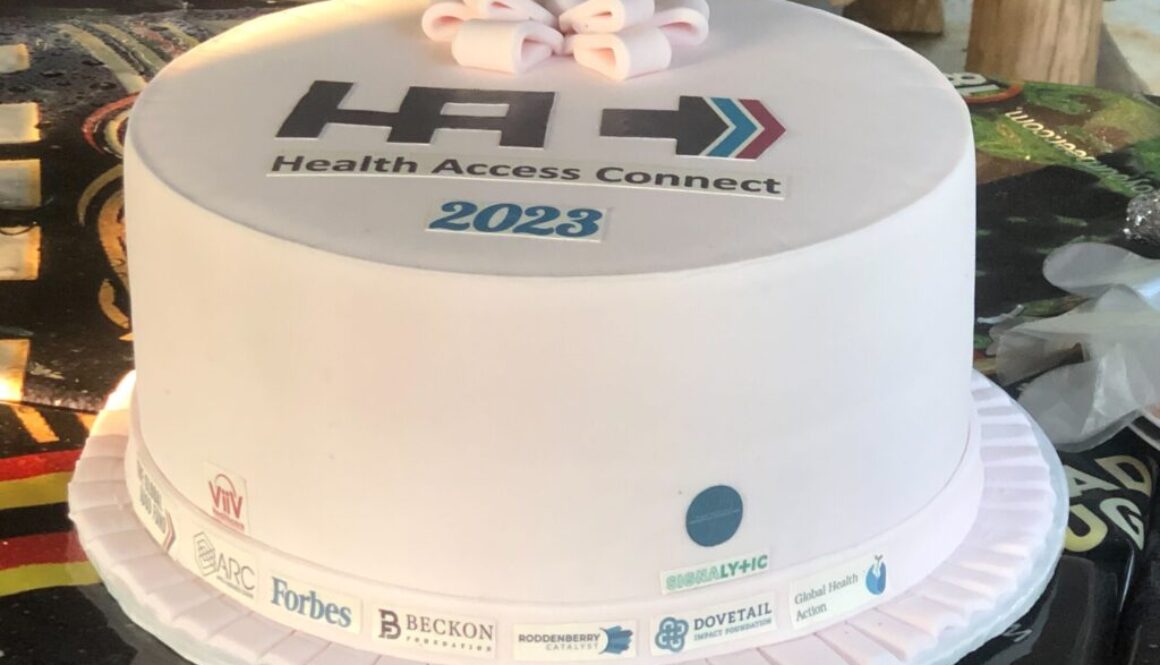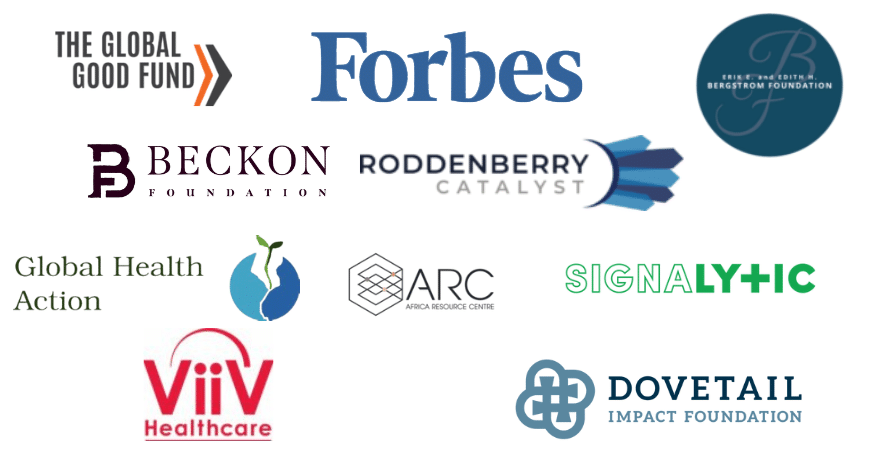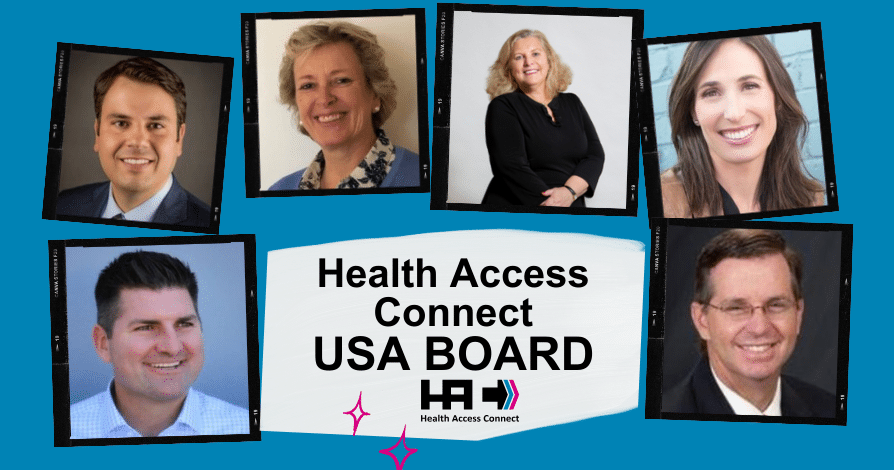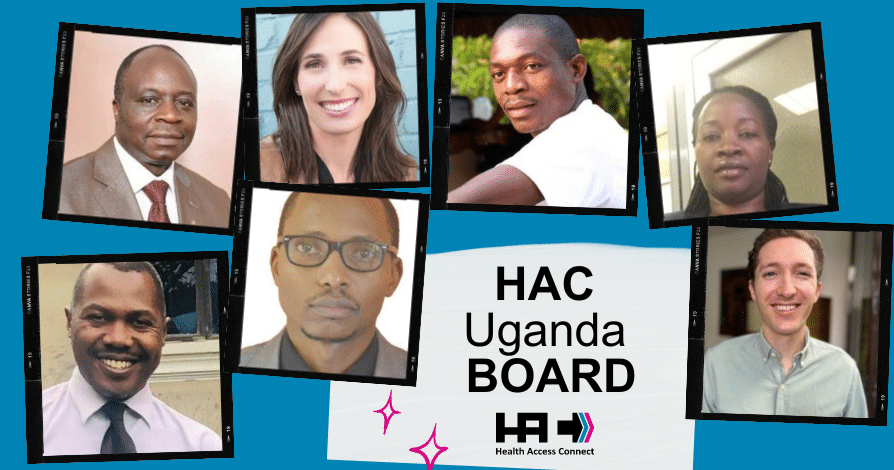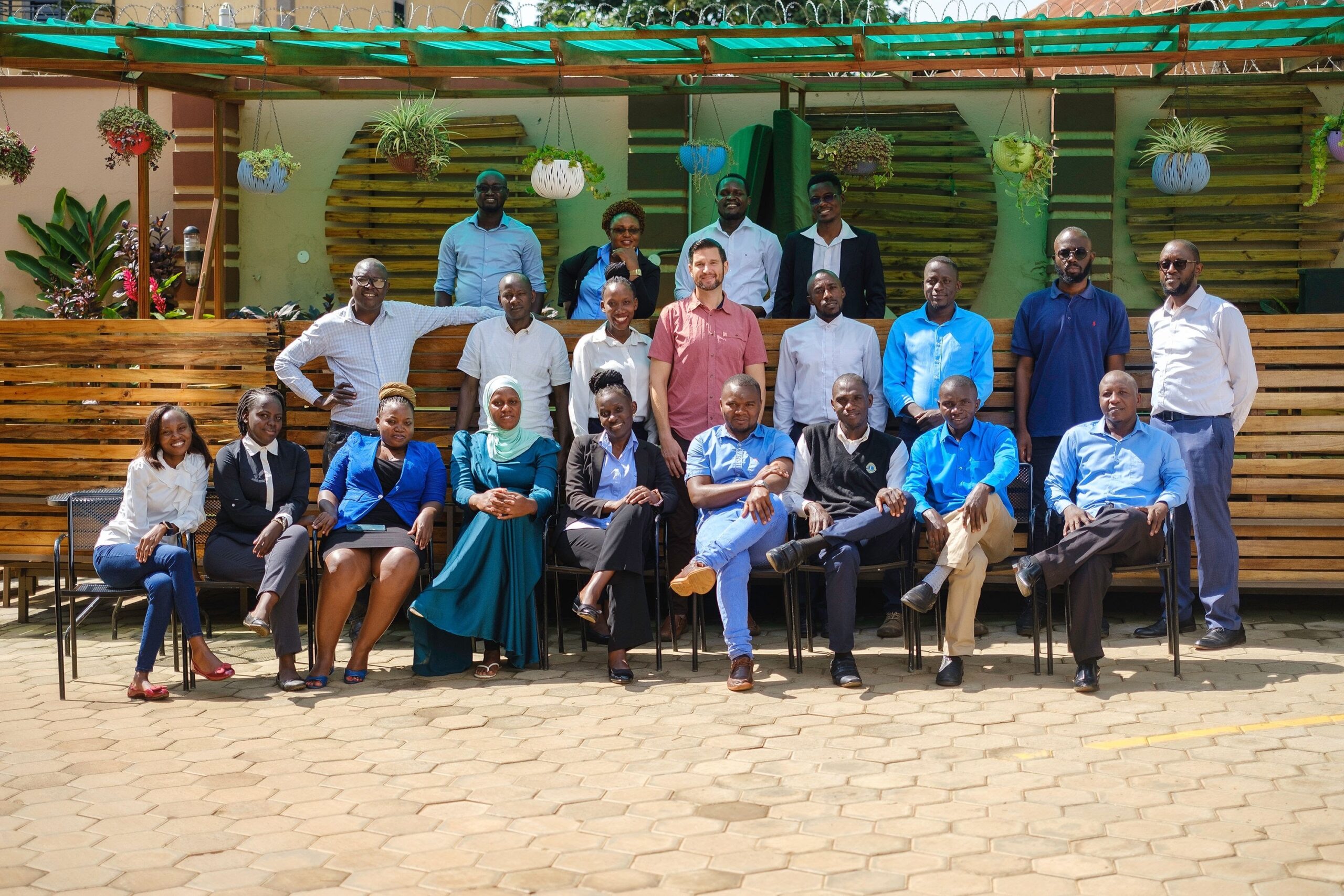HAC 2024 Achievements.
#10yearsofHAC #Closingthedistance #Accesstohealthcare #healthforall #Joinus #donate #CHW #LCA #Healthoutreaches #remoteareas #FamilyPlanning #Medicyle
From reaching new milestones to celebrating our 10th anniversary, this year has been a testament to the power of innovation, and unwavering dedication to bringing healthcare access to remote communities. Here are the highlights of what we accomplished:
1. Reached Over 150 Outreach Sites and Over 100,000 Patient Visits.

In 2024, HAC expanded its reach to 150 outreach sites, serving over 100,000 patient visits in some of the most hard-to-reach areas in Uganda. This milestone highlights the impact of our integrated outreach model, which brings essential healthcare services to communities that would otherwise lack access.
2. Growing Our Team to 35 Staff Members
Our team grew to 35 dedicated staff members, reflecting the growth and evolution of our organization. This expansion strengthens our capacity to innovate, coordinate, and implement programs that make a tangible difference in the lives of people in remote communities.
3. Receiving the USAID DIV Award
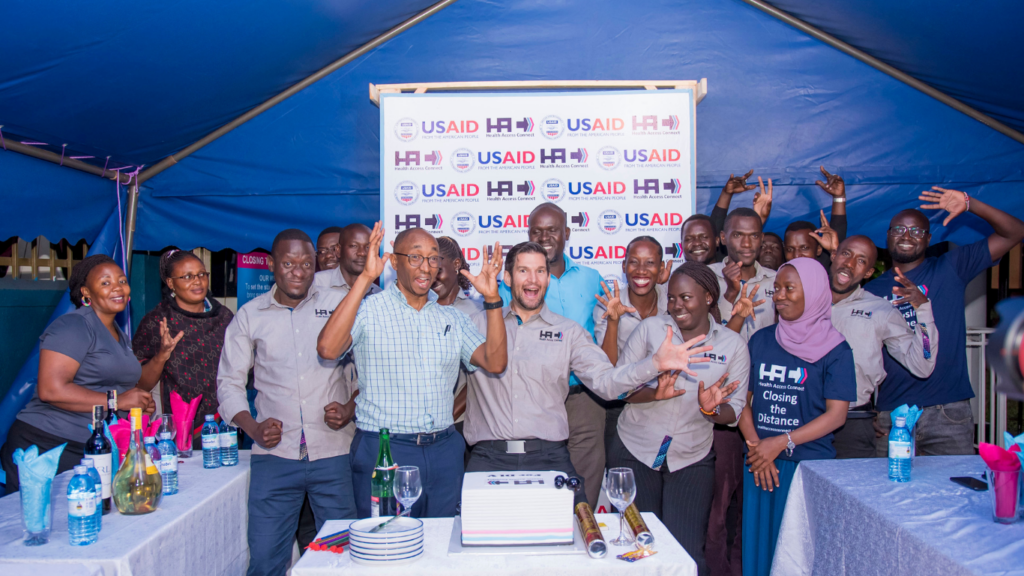
This year, we were honoured to receive the USAID Development Innovation Ventures (DIV) award, a prestigious recognition of our innovative approach to healthcare access. This award will support HAC in scaling its proven model and conducting rigorous research to measure our impact through a Randomized Control Trial.
4. Celebrating 10 Years of HAC
2024 marked a decade of HAC’s journey in transforming healthcare access. From our humble beginnings with the Medicycle project to serving over 107,000 patient visits across Uganda, our 10th anniversary was a moment to celebrate our achievements and renew our commitment to our communities.
Looking Ahead
As we celebrate these milestones, we look forward to an even more impactful 2025. With plans to expand to 100 new communities, conduct groundbreaking research, and bring our model to other African countries, HAC is ready to continue its mission of closing the distance to healthcare for all.
Support Our Mission: https://www.healthaccessconnect.org/donate
Thank you to all our supporters, partners, and team members who made 2024 a remarkable year. Together, we can achieve even greater milestones in the years to come.

